A New Common Agricultural Policy
EU Commissioner for Agriculture Romanian Dacian Ciolos has given assurances that the EU Common Agricultural Policy will be implemented as scheduled starting January 1st, 2014.

Valentin Țigău, 29.01.2013, 13:14
Since its introduction in 1962, the Common Agricultural Policy has undergone several changes to meet the specific needs of the time. The newest strategic outlines have been spelled out in the Europa 2020 programme, which opens up new development prospects for the 27 EU Member States.
As part of this general framework, in October 2011 the European Commission presented a series of legal proposals aimed at making the Common Agricultural Policy more efficient and leading to a more competitive and sustainable agriculture, as well as to developing rural areas. The proposals integrated the conclusions of a previous public debate on the new Common Agricultural Policy launched by Commissioner Dacian Ciolos. After the European Parliament and the European Council had discussed the legal proposals, the new regulations are expected to be adopted by the end of 2013, so that the reformed Common Agricultural Policy should come into effect starting January 1, 2014.
On Monday, Commissioner Dacian Ciolos confirmed that the new policy would come into effect as of next year without any delays. The EU official also highlighted the need for a transition period to allow local authorities to enforce the new legislation. “We need this period of transition, and this is because laws are made that way, not because we were tardy in making this decision per se”, Commissioner Ciolos said. For Romania, a country that joined the EU in the latest stage of EU enlargement, it is extremely important it managed to obtain additional funding for agriculture at the European Council summit of November 2012, which adopted the EU budget for the 2014-2020 period. Consequently, Bucharest obtained a gradual increase of 5 billion euros worth of subsidies, to be paid directly to farmers.
Romanian Agriculture Minister Daniel Constantin has said Romania is now negotiating with the European Commission a series of projects to be carried out with EU cohesion funds, such as restructuring Romania’s irrigation system. Romania also plans to attract more EU funds in order to co-finance certain projects of national significance. In this context, Minister Constantin said that Romania’s budget for 2013 earmarked an important sum of money for co-financed projects, tantamount to nearly half of the overall budget allocated to the Agriculture Ministry.






























